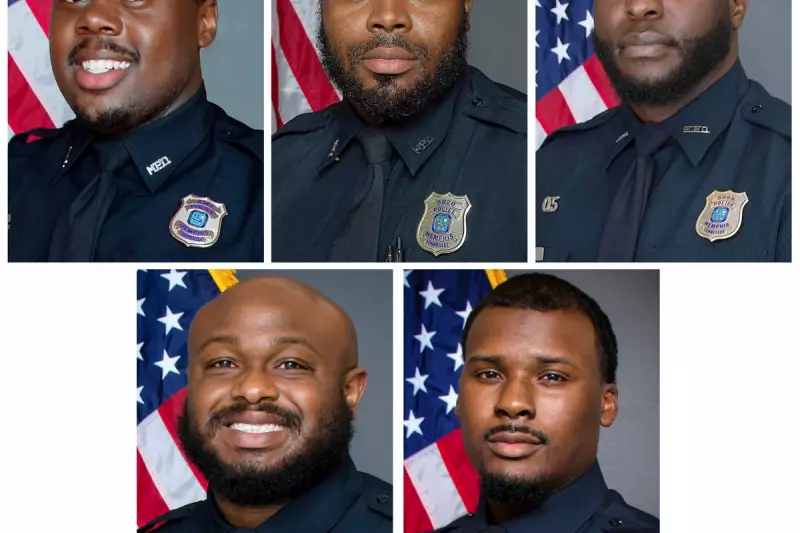
The Memphis Police Department has taken the unprecedented step of permanently disbanding its SCORPION street crime unit, a direct response to the public outcry over the death of Tyre Nichols. The 29-year-old black motorist died in hospital three days after a violent confrontation with officers during a traffic stop on January 7th.
Five former officers from the unit—Tadarrius Bean, Demetrius Haley, Emmitt Martin III, Desmond Mills Jr., and Justin Smith—now face severe charges, including second-degree murder, aggravated assault, aggravated kidnapping, official misconduct, and official oppression. All five were swiftly fired from the force following an internal investigation.
A City Awaits Further Evidence
The Memphis community and the nation are now bracing for the release of additional video evidence, set to be made public this evening. Authorities have warned that the footage is "extremely disturbing" and depicts a scene of profound violence. Police Director Cerelyn Davis stated the incident left her "horrified" and disgusted.
In a move to calm rising tensions and promote healing, the police department announced the permanent deactivation of the SCORPION (Street Crimes Operation to Restore Peace in Our Neighborhoods) unit. "It is in the best interest of all to permanently deactivate the SCORPION unit," the department said in a statement, noting that the officers involved already belonged to this controversial team.
National Outcry and a Family's Anguish
The case has ignited a fresh wave of national outrage over police brutality and the use of excessive force, particularly against black men. Tyre Nichols' mother, RowVaughn Wells, recounted the horror of learning the cause of her son's death. "When they told me, I actually passed out. I couldn't believe it. I still can't believe it," she said, revealing that the county sheriff informed her Nichols had suffered "extensive bleeding caused by a severe beating."
Ben Crump, a prominent civil rights attorney representing the Nichols family, drew parallels to the infamous 1991 Rodney King beating, calling the yet-to-be-released video "appalling" and "heinous." He described Nichols as a "human piñata" for the officers, alleging he was subjected to a prolonged and vicious assault.
As the city of Memphis prepares for potential demonstrations, the swift charging of the officers and the dismantling of the unit signal a desperate attempt to rebuild public trust. The world now watches, waiting for the full truth to be unveiled.





